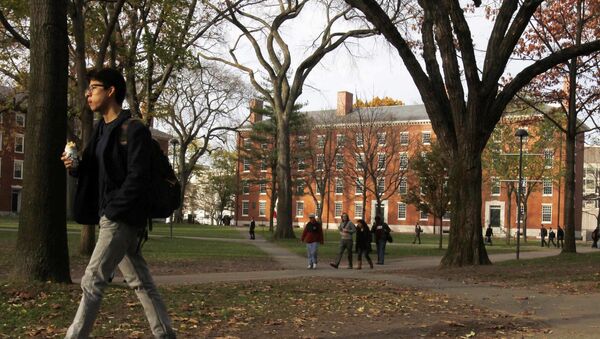Ironically, Trump’s policy is undermining US interests and the competitiveness of its universities as a premier education destination. Many Indian students as well as those from the Middle East are now favoring Canadian universities over US institutions.
The IIE survey says that these international students (as many as 1 million of them) contribute more than $36 billion in revenues to the US. In the last year alone, Indian students contributed $5 billion to the US economy, while Chinese students contributed another $11 billion.
The fear is playing differently in US universities, with as many as 31 percent of the surveyed universities acknowledging that Middle Eastern students who had previously accepted offers of admissions might not actually enroll in the upcoming fall session. About 20 percent of universities feared the same about Indian students.
For Indian students, 80 percent of institutions responded to their queries on physical safety after a spate of targeted hate attacks against the people of Indian origin in the US. Despite these concerns, the survey notes that the interest of international students, particularly from Europe and Canada, to study in the US hasn’t waned considerably.
Experts said these are signs of strained India-US ties, which hitherto have thrived on people-to-people and private sector contacts.
“[Indian Prime Minister] Narendra Modi and President Donald Trump didn’t discuss contentious issues such as the H-1B visa policy during their bilateral meeting last month. But it doesn’t mean these issues don’t exist and as I have been saying under this presidency, India-US bilateral ties could become an exercise in stress management. This stress factor will play out and affect ties at multiple levels,” Chintamani Mahapatra, professor at the School of International Studies of Jawaharlal Nehru University told Sputnik.




